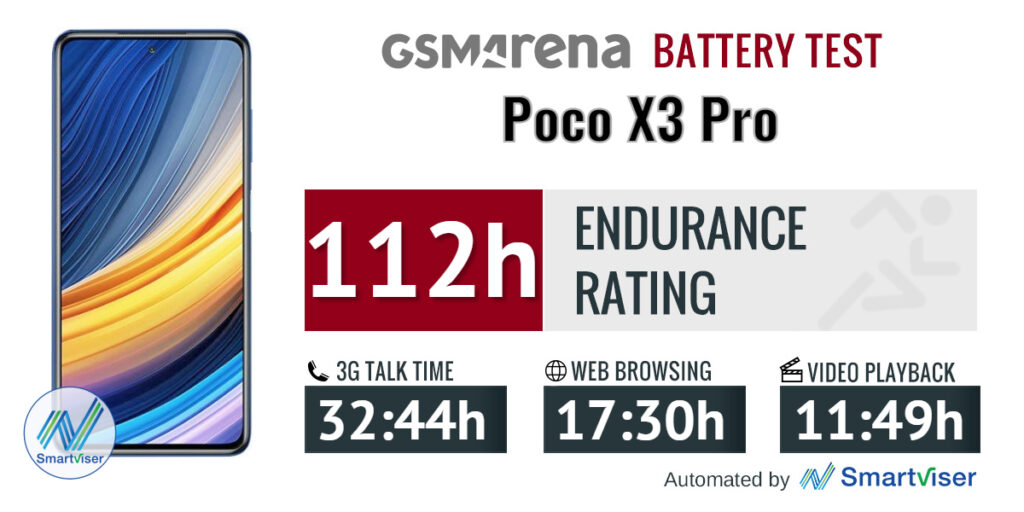Are You Making These SEO Mistakes?
SEO is hard. If you're a small business owner, it's even more complex. SEO can be intimidating for small businesses with many seo agencies to choose from and search engine algorithms changing all the time. The result? SEO can become the least priority, and it's where small businesses SEO mistakes begin. Click here to get the upper hand on your SEO game.
How You Can Avoid These Mistakes
To end up on the first page of Google, you need to avoid these eight mistakes. It doesn't matter what website design packages you're working with or which SEO company is building your site. If you neglect or choose poorly in any of these top eight areas, you'll likely find yourself buried under your competition.
1. No Link-Building Strategy
Businesses are increasingly taking on link building as a content marketing activity, primarily because it's easy and inexpensive – but even if that's true, it's still not enough reason to build links mindlessly in a large pile of unrelated ones. Businesses must have an overall strategy for the links they'll be building.
The Link-Building Strategy to Follow
If you're anything like most businesses, there's a reason you want links from others: SEO traffic. The usual expectation for businesses is that by acquiring some of these inbound links, and the corresponding search engine authority, their website will become more visible to searchers online. That's the point of link building. When your link-building strategy is put together properly, it should aim to build links that will move you up in search engine rankings for essential phrases and keywords or deliver those searchers directly through a conversion process on your site.
2. Not Understanding Your Competition
Small businesses are competing with giants. As such, when they're working on their SEO strategy, they have access to more resources than you do. They can afford better search engine optimization services and more expensive marketing strategies. While your goal is to out-rank them because you believe that you're wiser and more resourceful than they are, of course – you can't do it without knowing your competitors.
Understanding Your Competition is the Key to Your Success
When you understand your competition's SEO tactics, you can mimic them effectively. What content do they produce? How long is their content? What type of information does it contain? How is it structured and organized? What are its titles, headings, and meta descriptions? Where do they link to internally and externally on their site? All this will help you understand what factors contribute to your competition's search engine rankings – so that you can apply them yourself.
3. Not Getting On-Page Optimization Right
If you want your website to rank high on the search engine results page (SERP), you need to know how the on-page SEO tactics work. The main goal of on-page optimization is for search engines to see your site as valuable and authoritative. When Google bots crawl through your website, they're looking for meta description tags, titles, and keywords so that when a searcher looks for a phrase they've identified, your website will be among those displayed in the search results.
3 Tips to Get On-Page Optimization Right
- Keep Meta Tags Concise
While you need meta descriptions – short summaries of what users can find on your site – it's essential not to use too many words in these tags. That's because the more characters you use, the less likely it is that search engines will include them in their results.
- Opt For A Relatively Short Title
While meta descriptions are essential, so are page titles – and they matter most of all. You want to make sure your title isn't too long since search engines truncate them.
- Avoid Keyword Stuffing
Search engines have gotten smarter than they used to be – so you don't want to turn them off with your poorly placed keywords. Don't stuff keywords in either your page titles or meta descriptions for the sake of doing so; it will look unnatural to both search engines and site visitors.
4. Not Making Your Site User-Friendly to Search Engines
If you want your site to come up in the SERPs, it has to be easy for search engines to crawl through your content. That means no broken links, 404 errors, or flash pages. You need a sitemap.xml file to tell search engines about the pages – and in what order – on your site. Your site needs to be mobile-friendly so that when people use their phones, they can still find what they're looking for easily.
5. Focusing Too Much on Content Quantity Over Quality
Yes, it would help if you had keyword stuffing. But that doesn't mean you should be writing content that reads like a Wikipedia entry. Google is smarter than that, as are your users. You need to write engaging and valuable content for them – not just stuff keywords into it. Focus on creating helpful, relevant, and original content so that people will want to link to you naturally.
6. Not Knowing Where to Focus Your Efforts
Search engine optimization is like a puzzle. It requires you to look at different pieces of your website and see how they work together. An effective SEO strategy for local businesses will take into account:
- Content (existing site content and trends)
- Site structure (site architecture, internal linking scheme, navigation layout)
- Navigation structure Images (uploading optimized images, alt text)
- Technical Enhancements (SEO metadata, site speed, and crawling improvements)
7. Not Tracking Your Results
You need data to tell what SEO tactics are working for you and which ones aren't. You can get this information through Google Analytics. If you're not tracking your results, then you can't make changes to your site – and what good is a website if it's not search-engine-optimized?
8. Not Getting Outside Advice
You may know SEO inside and out, but chances are there are things that you haven't thought of yet. It's essential to look outside your feedback business. Things like location, audience, and industry will determine your SEO needs. When you take the time to get that kind of information, it'll help brainstorm ways to optimize your site's content and structure.
Conclusion
If you want to optimize your site for search engines, you must make sure the content is user-friendly and accessible. This means no broken links or 404 errors on your page! It also requires concisely using meta tags, so they don't overwhelm users with text. Don't stuff keywords into either titles or descriptions because this will look unnatural. Instead of focusing too much on quantity over quality, focus on creating engaging and helpful content by considering what words people often search for.








